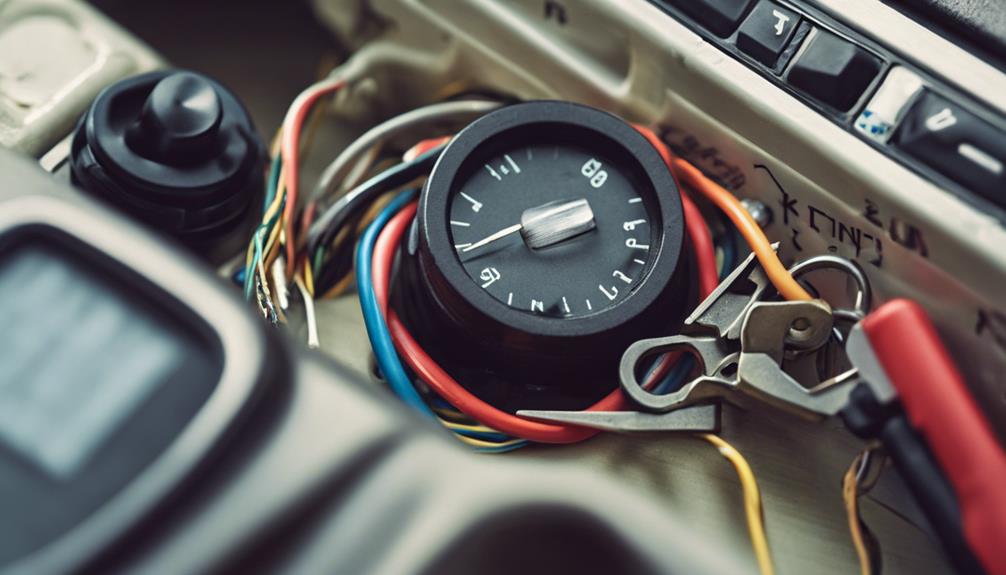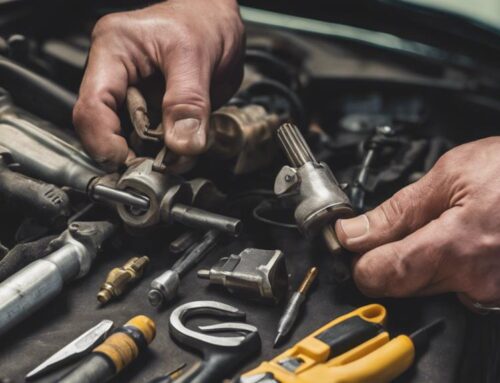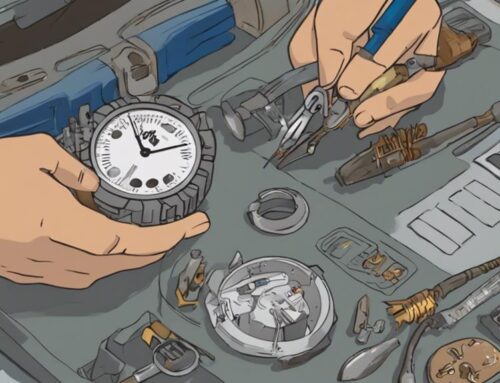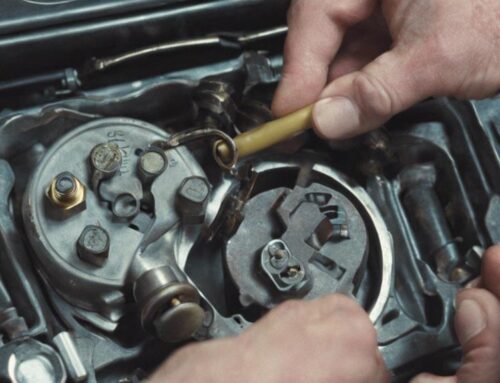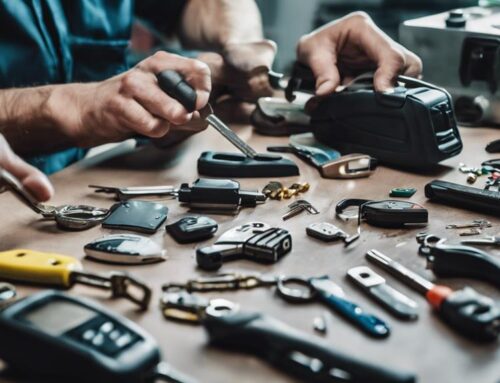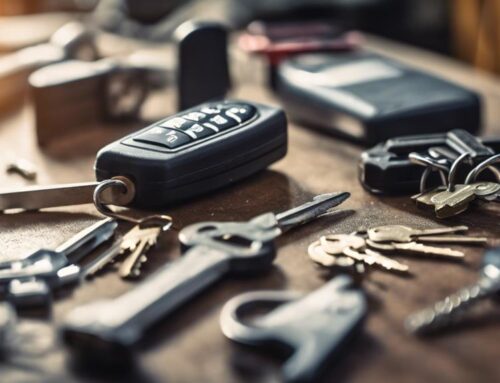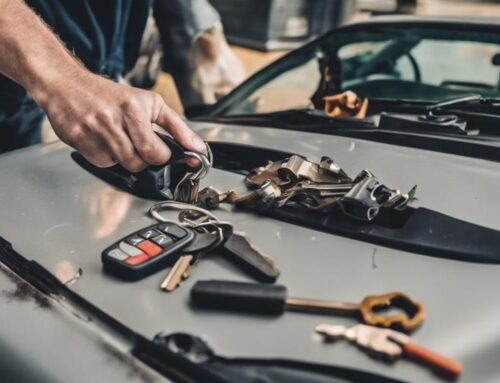Did you know that nearly 10% of vehicle breakdowns are related to ignition switch issues? This small but essential component plays a significant role in your car's electrical system, determining whether your engine roars to life or remains silent. Understanding how it works and recognizing the early signs of trouble can save you time and money. So, what should you look out for, and when is it time to seek professional help? Let's explore the ins and outs of ignition switches and how to keep your vehicle running smoothly.
Key Takeaways
- An ignition switch controls the vehicle's electrical system, enabling or disabling power to the engine and accessories.
- It functions by connecting the battery, key, and starter to initiate the engine's operation when the key is turned.
- Common signs of ignition switch failure include difficulty starting the vehicle, intermittent electrical issues, and engine stalling while driving.
- Worn contacts, electrical faults, and key misalignment are typical problems that can affect the ignition switch's performance.
- Professional help from a locksmith can efficiently diagnose and address ignition issues, ensuring the vehicle's reliability.
Definition of Ignition Switch
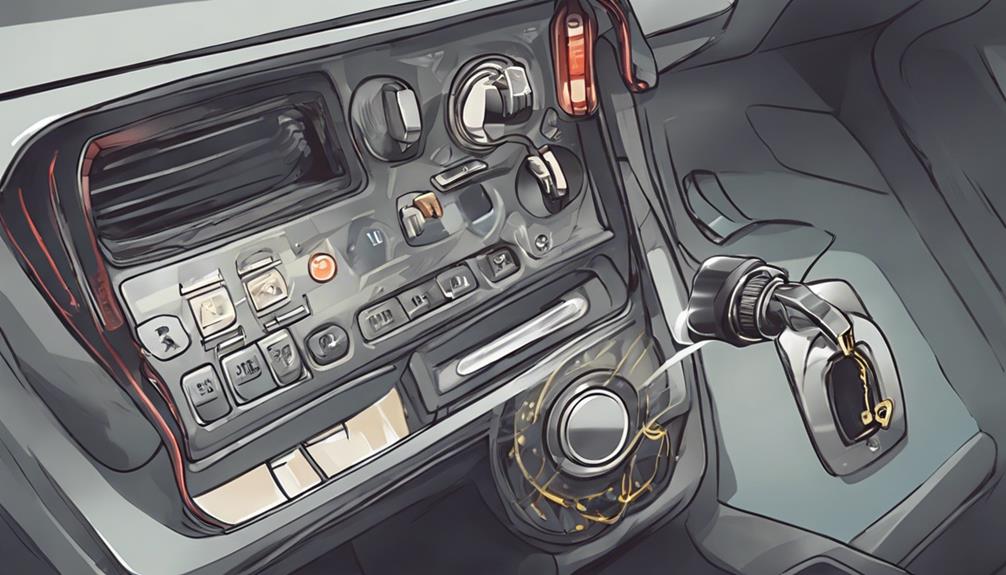
Understanding the ignition switch is essential for any vehicle owner. This critical component controls your vehicle's electrical system, enabling or disabling power to the engine and accessories. Ignition switch types vary, including traditional mechanical switches and advanced electronic versions. Each type serves the same fundamental purpose but offers different levels of security and convenience. The ignition switch has an extensive history, evolving from simple key-operated systems to complex keyless entry solutions that enhance vehicle functionality. Knowledge of these variations empowers you to choose the right ignition switch for your vehicle, ensuring optimum performance and reliability. Recognizing the evolution of ignition switches provides insight into modern automotive technology and its impact on your driving experience. Can locksmiths fix ignition cylinders for any vehicle, including luxury and high-security models? Find out more about locksmith services for ignition cylinders here.
Components of an Ignition Switch
The components of an ignition switch play an essential role in the overall functionality of your vehicle's starting system. Understanding these parts helps you appreciate the importance of ignition switch maintenance. Here are the key components:
- Ignition Cylinder: This is where you insert your key, initiating the starting sequence.
- Switch Contacts: These conduct electricity and connect various circuits, allowing power to flow when you turn the key.
- Locking Mechanism: This secures the ignition cylinder, preventing unauthorized access. Regular maintenance guarantees these elements function correctly, prolonging the life of your ignition system and enhancing your vehicle's reliability. Additionally, knowing the difference between repairing and replacing your ignition switch can help you make informed decisions when addressing any issues with your vehicle's ignition system.
How the Ignition Switch Functions
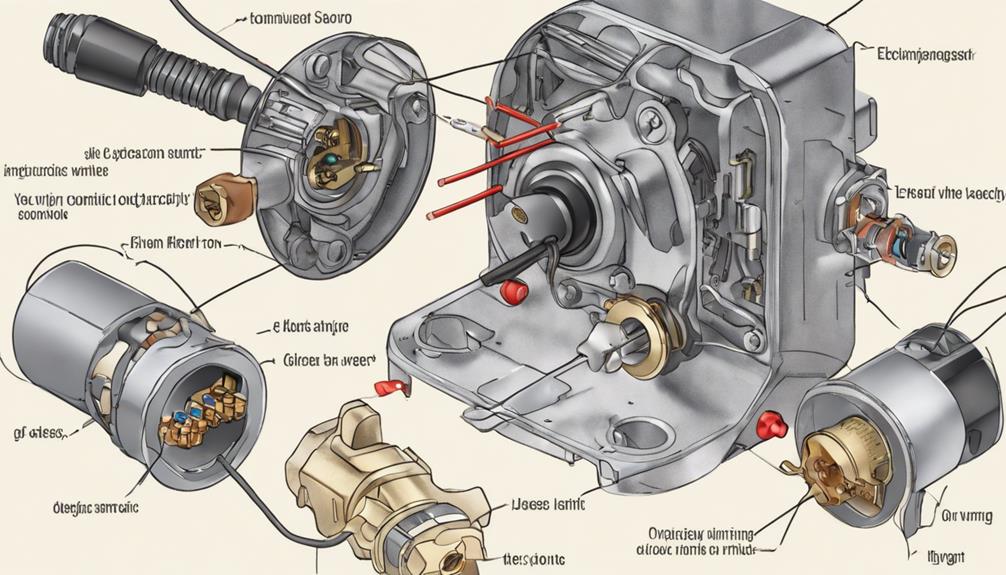
After exploring the components of an ignition switch, it's important to grasp how these parts work together to start your vehicle. The ignition switch acts as the central hub for various ignition switch types, enabling electronic communication between the key, battery, and starter motor. When you turn the key, it completes specific electrical connections, allowing power to flow to the ignition system and fuel pump. This activation ignites the engine's cylinders, initiating combustion. Additionally, the switch controls various accessories, such as the dashboard lights and radio, ensuring they function only when the engine is on. Understanding this process empowers you to appreciate the critical role the ignition switch plays in your vehicle's performance and reliability. Locksmiths are skilled professionals who can diagnose and address ignition switch issues, including repair or replacement, in a wide range of vehicles, as discussed in Can Locksmiths Fix Ignition Switches in Any Vehicle.
Common Ignition Switch Problems
When you turn the key in your ignition, you expect a smooth start, but several common ignition switch problems can disrupt this process. Understanding these issues is essential for effective ignition switch maintenance, especially since different ignition switch types may exhibit unique symptoms. Here are a few prevalent problems:
- Worn Contacts: Over time, the internal contacts can wear, leading to intermittent starting issues.
- Electrical Faults: Damaged wiring or poor connections can cause a failure in the ignition signal.
- Key Misalignment: A bent or damaged key might not engage the switch properly, preventing start-up.
Being aware of these problems empowers you to address them proactively, ensuring your vehicle remains reliable and efficient.
Signs of Ignition Switch Failure
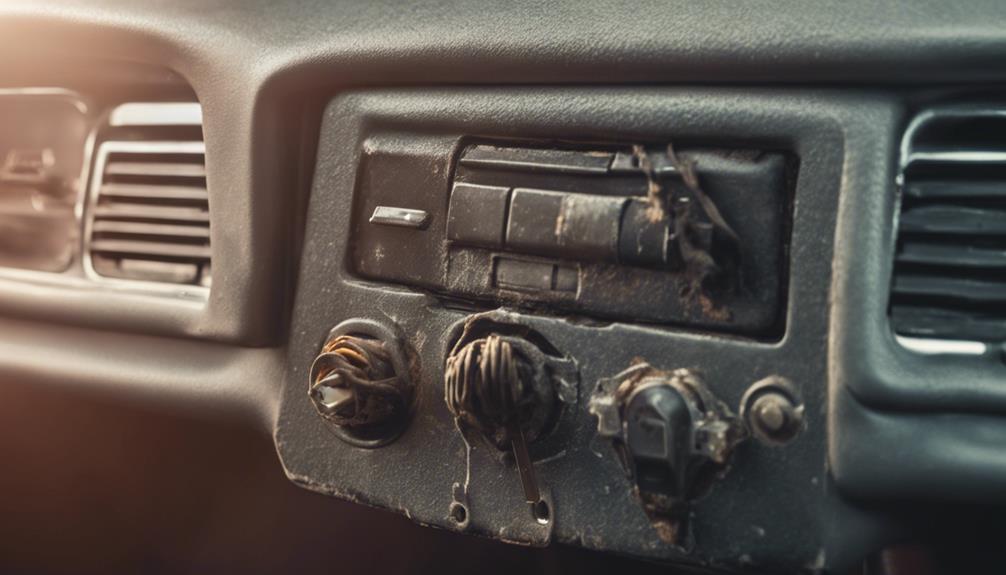
Recognizing the signs of ignition switch failure can save you from unexpected breakdowns and costly repairs. Pay attention to these ignition symptoms: difficulty starting your vehicle, intermittent electrical issues, or the engine stalling while driving. If your dashboard lights flicker or fail to illuminate, it's a significant red flag. You might also notice that turning the key doesn't always engage the ignition, or you may feel resistance when turning the key. These issues signal the need for immediate switch diagnostics. Ignoring these symptoms not only jeopardizes your safety but can also lead to more extensive damage. Addressing potential ignition switch failures early guarantees your vehicle runs smoothly and reliably, empowering you to stay in control on the road.
Repairing vs. Replacing Ignition Switch
Deciding between repairing or replacing an ignition switch is essential for maintaining your vehicle's reliability. If you notice symptoms of failure, you'll need to evaluate your options carefully. Understanding the cost and time involved in each can help you make an informed decision.
- Repairing techniques can often resolve minor issues at a lower cost.
- Replacement costs can vary greatly, depending on your vehicle's make and model, and might be necessary for more severe malfunctions.
- Consider the long-term benefits of both options, as a new switch may offer enhanced performance.
Ultimately, if you're facing recurrent issues or considerable wear, investing in a replacement could be the wiser choice. Conversely, if the problem is minor, effective repairing techniques can restore functionality without the higher expense of full replacement.
Professional Help From Low Rate Locksmith
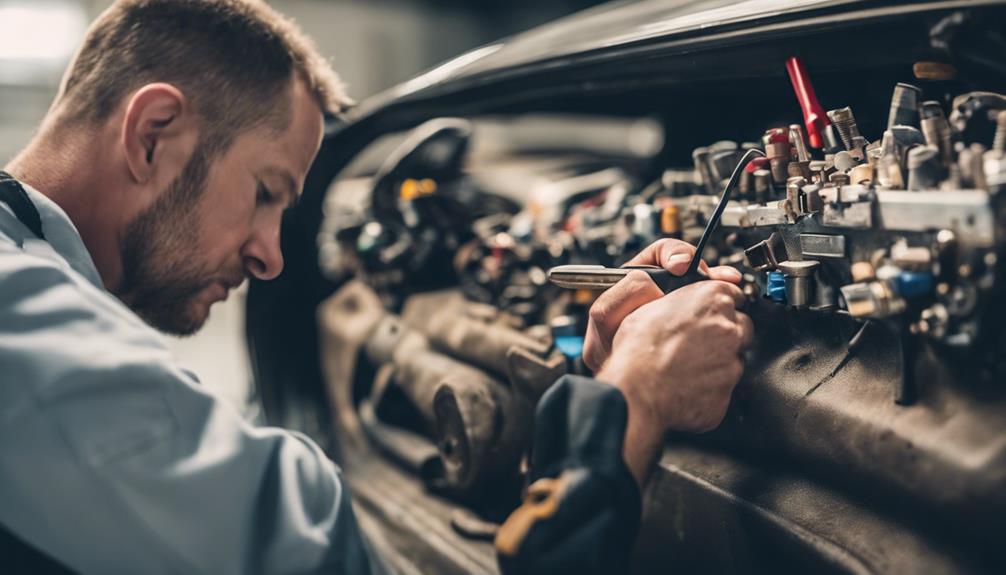
Have you considered the advantages of hiring a low-rate locksmith for your ignition switch issues? Utilizing professional locksmith services can save you both time and money. These experts are well-versed in diagnosing and repairing ignition issues, ensuring that your vehicle operates smoothly. They possess the right tools and knowledge to efficiently tackle complex electrical systems and ignition components without causing additional damage. By choosing a low-rate locksmith, you're not compromising on quality; instead, you're accessing affordable solutions tailored to your needs. Moreover, they often offer mobile services, bringing their expertise directly to your location. This convenience means you can quickly resolve ignition problems and get back on the road with confidence. Don't underestimate the power of professional assistance in safeguarding your vehicle's functionality.
Always-Available Locksmiths for Ignition Issues: 24/7 locksmith services can be a lifesaver in emergency situations.

